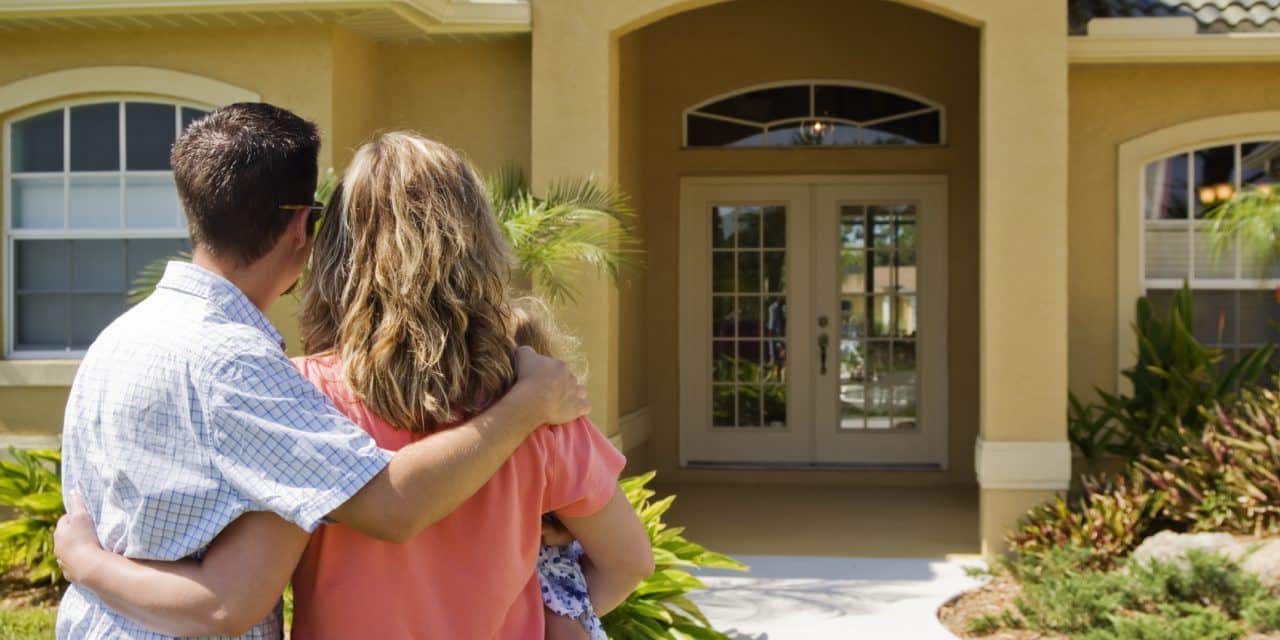French and Brazilian nationals bought the most houses out of any foreigners in Portugal last year, leaving the Brits as the third main foreign market for property purchases in the country.
The so-called ‘French invasion’ has catapulted this market to the top of the list, as it accounts for 29% of all purchases by foreign investors. Brazilians follow in second place (19%), ahead of the British (11%), Chinese (9%) and Angolans (7.5%).
The French were also the main market in the Algarve (30%) last year, with the Brits taking second place (16%), ahead of the Swiss (9.5%), Belgians (7%), Swedish (6%) and Germans (6%).
In total, foreign property purchases took up 20% of all property sales in Portugal. Two and three-bedrooms properties were among the most sought after.
The data was revealed last week by APEMIP, the association of real estate professionals, which highlighted the growth of the Brazilian market nationally and the potential that it still boasts.
“For the last three years, I have been calling attention to the potential of the Brazilian investor,” said APEMIP president Luís Lima.
He believes that Portugal is becoming a more attractive destination for Brazilians not only due to the “political, social and economic instability” of their country but also because of US President Donald Trump, who has scared away Brazilians who used to invest in Florida and are now seeking alternative destinations.
While Brazilians represent the majority of foreign buyers in Lisbon and Porto, it is the French who lead the number of houses bought in the Algarve.
With both these markets thriving, Lima says it is time to focus on China which is losing significance in the national picture.
The real estate boss says that reducing the waiting time for Golden Visas will be essential to ensuring that Portugal remains a top destination for Chinese real estate investment.
Speaking of his predictions for 2018, Lima added that foreign investors will start looking more closely at properties outside of Lisbon, Porto and the Algarve, as more and more want to invest in alternative sectors such as rural tourism.
“Our forecasts are good, and this will bring new economic dynamism to these (emerging) areas,” Lima concluded.
By MICHAEL BRUXO michael.bruxo@algarveresident.com



















